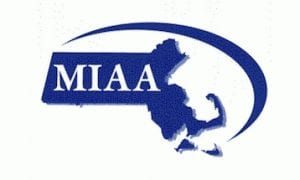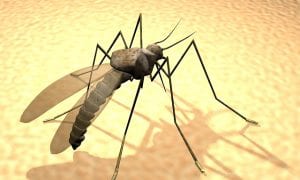EEE and West Nile detected in Massachusetts
SOUTHWICK- The Southwick Board of Health discussed possible plans to combat mosquito-borne diseases Thursday evening during its remote meeting as EEE and West Nile are detected in parts of the state.
Health Director Tammy Spencer said during the meeting that she would like for the Town of Southwick to join the Pioneer Valley Mosquito Control District (PVMCD) which she said would help the town monitor the presence of arbovirus’ such as eastern equine encephalitis (EEE) and West Nile virus.
There have been five positive tests of mosquitoes with West Nile and EEE in the state so far this year. There have not been any reported human or animal cases of either disease so far. None of the positives tests were from samples of Western Massachusetts mosquitoes.
To join the PVMCD would cost the town $5,000 per year. Spencer said that it would give the town access to better testing, trapping, and monitoring technologies to help prevent the spread of these diseases. She also said that the membership would give the town a discount if any aerial spraying or larviciding takes place in Southwick.
Members of the Board of Health said they were not sure that it would be worth the annual cost.
“We’re not going to be able to put mosquito nets up all around Southwick,” said Board of Health Chair Dr. Jerry Azia, “Even if we kill every mosquito today, tomorrow we will have them all back.”
Spencer said that she expects the EEE levels this season to be high with a possible peak taking place in late August or early September. She said that the PVMCD would also allow the town to know better when to tell residents to remain inside to avoid arbovirus’.
Selectman Douglas Moglin said that a similar proposal was put before the Select Board in recent years before Spencer was the health director. That proposal was turned down in 2017.
Rather than pay the $5,000 annually, the Board of Health voted unanimously to allow Spencer to purchase a product called “Mosquito Dunks” in a large quantity for a relatively low price.
Mosquito Dunks are small tablets that can be added to standing water to kill mosquito larvae before they are old enough to reproduce. The tablets typically contain BTI, a bacteria that reportedly only targets mosquito larvae and is safe for other animals or organisms that may interact with the water.
The Board of Health authorized Spencer to purchase 100 tablets, which she said would cost about $100.






